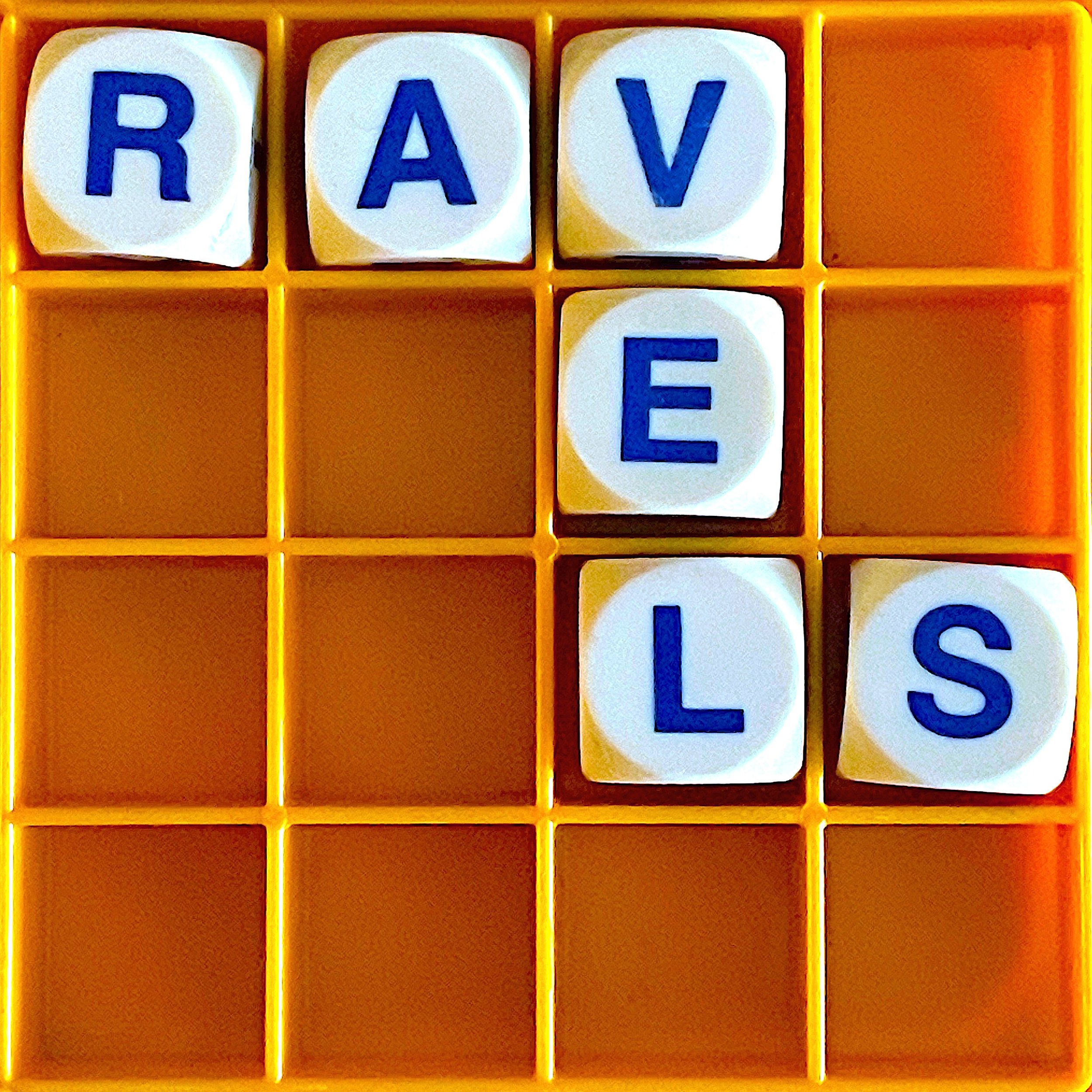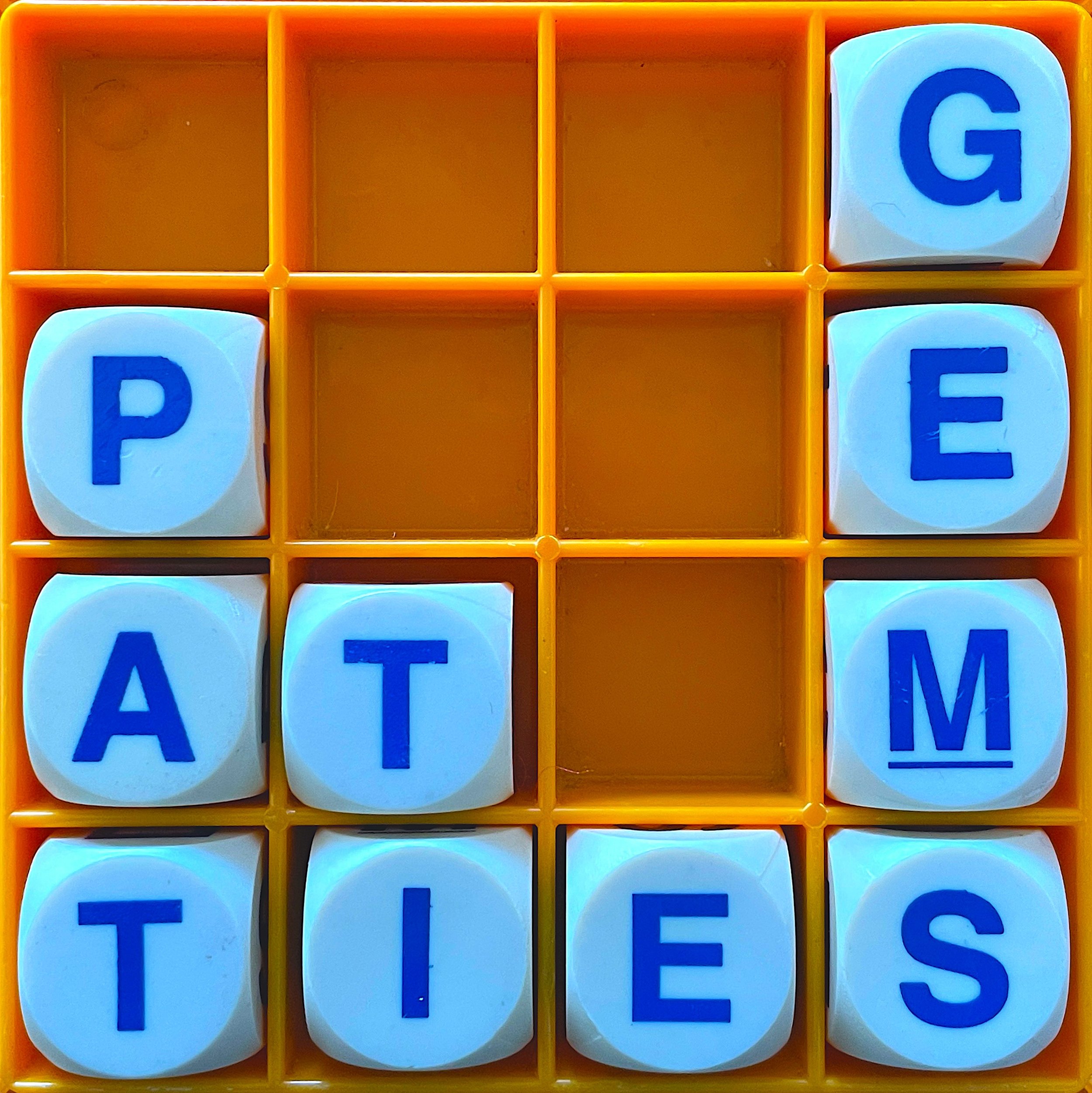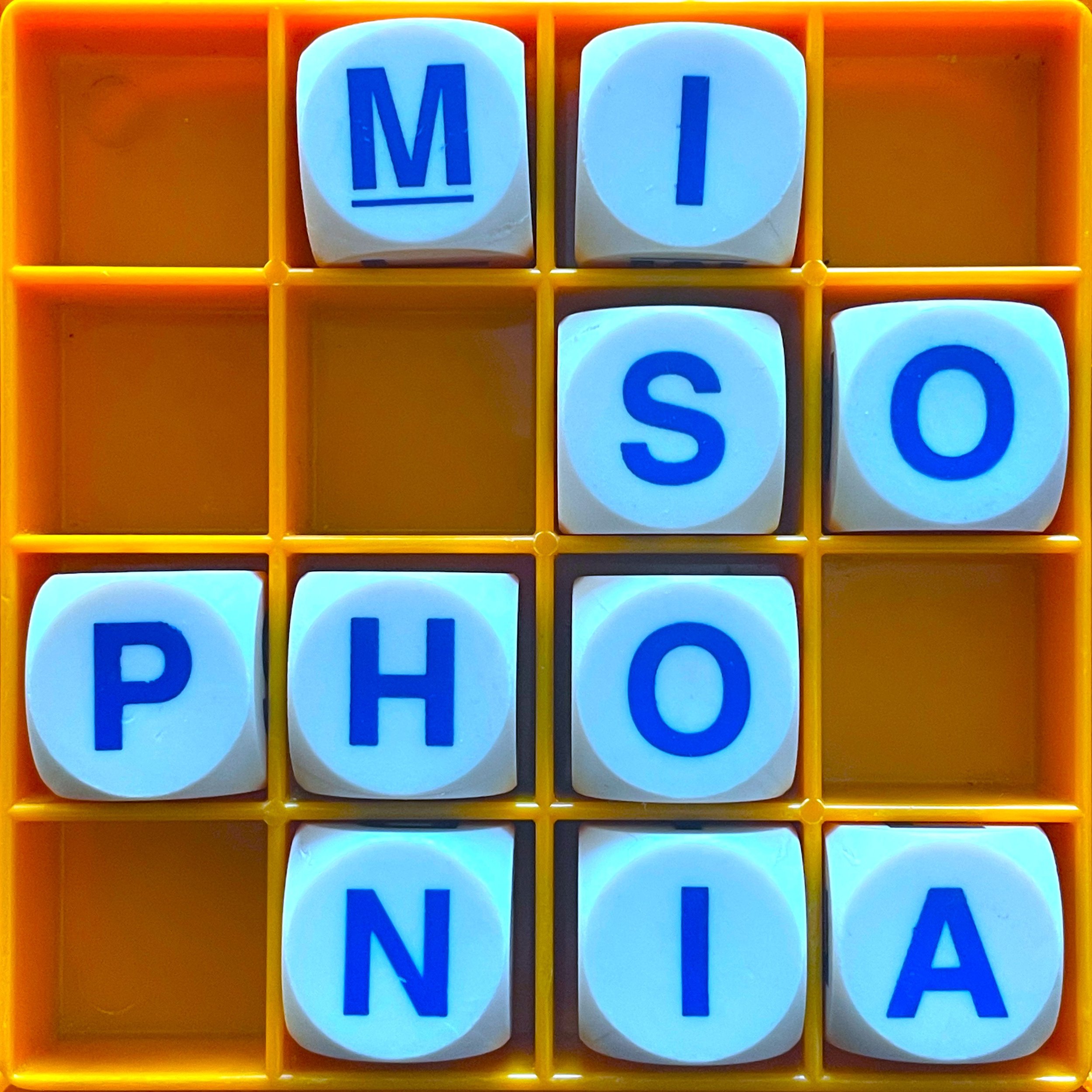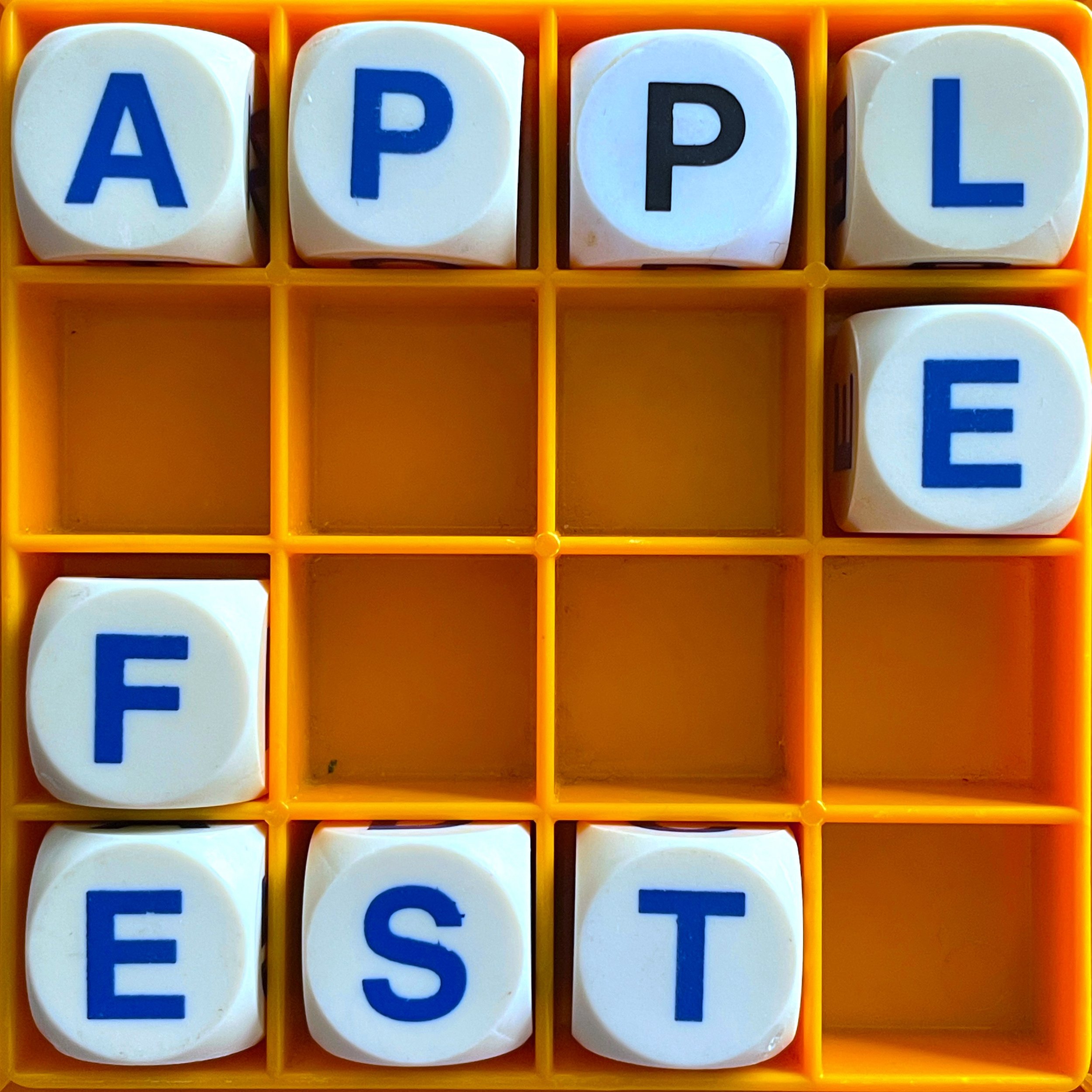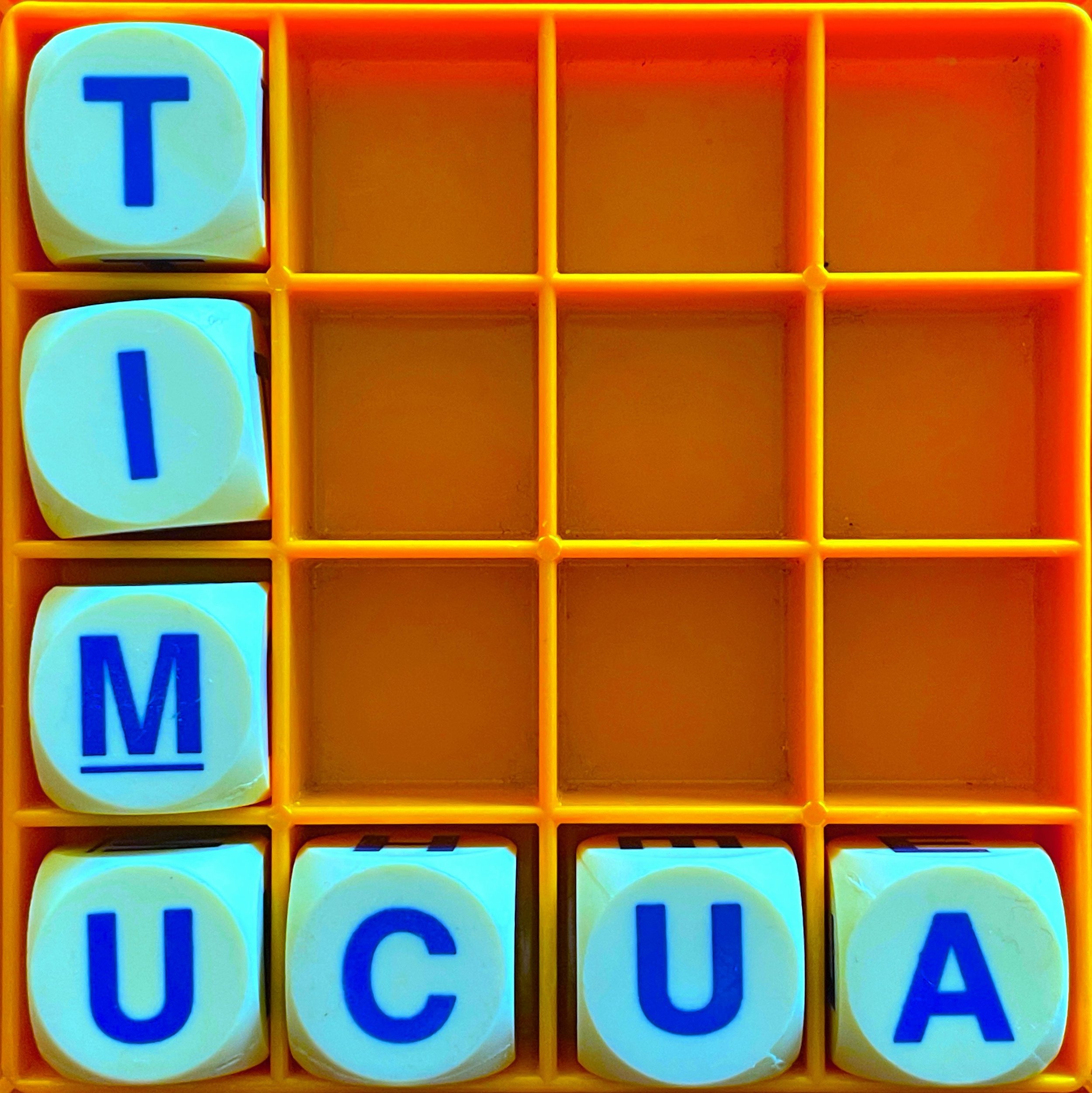Lipreading has been in the news this month, thanks to gossip-stoking mouth movements at the Golden Globes that the amateur lipreaders of The Internet rushed to interpret. But lipreading tutor Helen Barrow describes how reading lips really works - the confusable consonants, the importance of context and body language - and gossip maven Lainey Lui explains why these regularly occurring lipreading gossip stories are unworthy of a second or even first glance.
Read moreninth birthdaylusionist
Can you believe, this podcast turns nine years old on 14 January 2024?
The show began five British prime ministers ago! When it began, I was still struggling to get a bank card without 'Miss' on it!
Read moreAllusionist 187. Bonus 2023
It's our annual end of year parade of all the extra good stuff this year's podguests talked about, including a mythical disappearing island, geese, human dictionaries, the dubious history of the Body Mass Index, Victorian death department stores, and much more.
Read moreAllusionist 186. Ravels
We’ve got knitting! We’ve got eponyms!! We’ve got knitting eponyms!!! Which come with a whole load of battles, f-boys, duels, baseball, scandals - and socks, lots of socks.
Fibre artist and Yarn Stories podcaster Miriam Felton discusses why grafting should ditch the name 'kitchener stitch'; we learn about the eponymous cardigan; and three towns in Ontario take pretty different approaches to having problematic namesakes.
Read moreAllusionist 185. Gems and Patties
We’re returning to the theme of renaming, for two food-related renamings: the first one that mostly happened, the second that mostly did not - but in a good way.
Dr Erin Pritchard persuaded a British supermarket to rebrand a type of sweets that had a slur in their name. And Chris Strikes recounts the renaming conflict that was the Toronto Patty Wars of 1985.
Read moreAllusionist 184. Misophonia
The word 'misophonia' describes a condition that statistically, 20 per cent of you have: an extreme reaction to certain sounds. "For me, it was a relief to have a word for what I'd been experiencing," says Dr Jane Gregory, author of the new book Sounds Like Misophonia: How to Stop Small Noises from Causing Extreme Reactions, "because I thought for a long time that I was really uptight or maybe a bit controlling over other people, and that that was a problem with my character, as opposed to it actually being a problem with the way that my brain processes sounds." Jane offers advice for handling misophonia, including some very simple verbal techniques.
Read moreAllusionist: Apple Fest!
All aboard, we're off to the 2023 Apple Festival at the University of British Columbia, to taste some apples and, most importantly, enjoy some apple names. And before that, we return to the classic Sporklusionist applesode to refresh our memory about how apple names are chosen - eponyms, portmanteaus, geography, or corporate R&D, just like how our ancestors named apples.
Read moreAllusionist 183. Timucua
When Spanish missionaries arrived in what is now called Florida, there were 100,000-200,000 Timucua people in the region. Just two centuries later, there were fewer than 100. Soon, with all the people who spoke it dead, the Timucua language died out, too, preserved only in a few Spanish-Timucua religious texts.
In the 21st century, linguistic anthropologist Aaron Broadwell and historian Alejandra Dubcovsky have been decoding and translating these texts to understand the Timucua language and the people who were writing it down.
Read moreAllusionist 182. Siblings of Chaos
Lexicographer, author and Dictionary Corner resident Susie Dent has been studying words to make us feel happy. She brings etymologies concerning cows, gas, guts and fat, of bellies and breathing and bonanzas. And some that came from the high seas and aren't made up!
Read moreAllusionist 181. Cairns
There's an abiding myth that the landmark dictionaries are the work of one man, in a dusty paper-filled garrett tirelessly working away singlehandedly. But really it took a village: behind every Big Daddy of Lexicography was usually a team of women, keeping the garrett clean, organising the piles of papers, reading through all the citations, doing research, writing definitions, editing, subediting...essentially being lexicographers, without the credit or the pay.
Academic Lindsay Rose Russell, author of Women and Dictionary-Making, talks about the roles of women in lexicography: enabling male lexicographers to get the job done, but also making their own dictionaries, and challenging the very paradigms of dictionaries.


